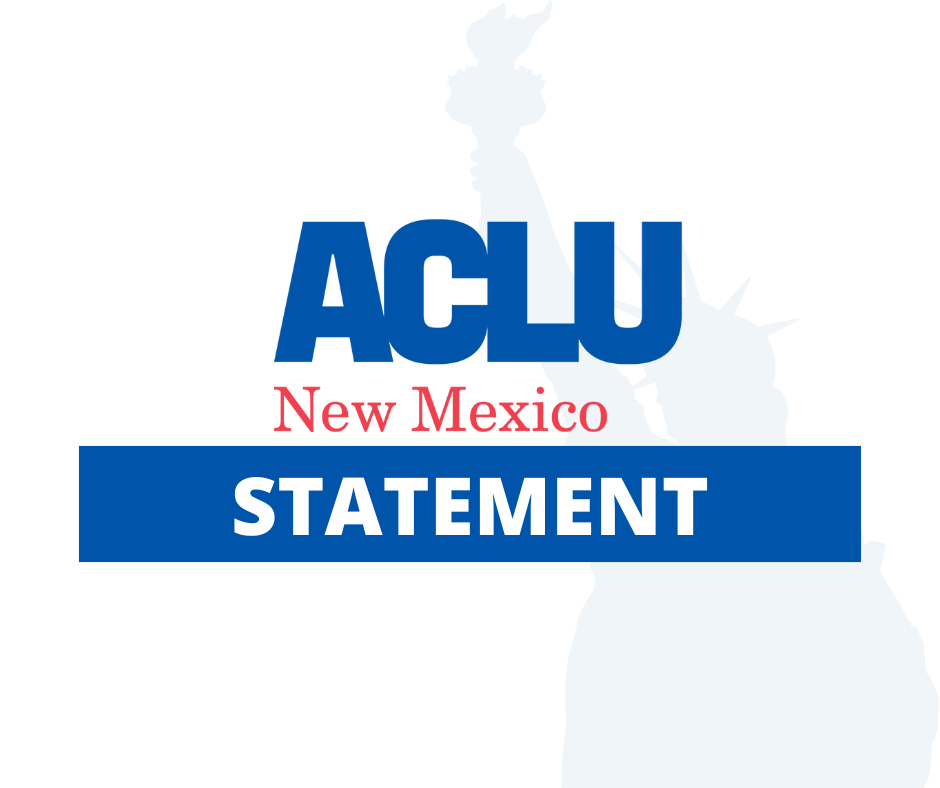Join us for a night of reproductive rights, activism, trivia, and games!
We will play various games to test your knowledge of reproductive rights at the event with prizes being awarded to the winners! Also you will have a chance to learn about the work the ACLU of New Mexico is doing to protect and expand access to reproductive health care, including abortion. Use the form to let us know you are coming!
Event Date
Wednesday, August 17, 2022 - 5:30pmFeatured image

More information / register
E-mail address
Website
Tweet Text
Date
Wednesday, August 17, 2022 - 5:30pm
